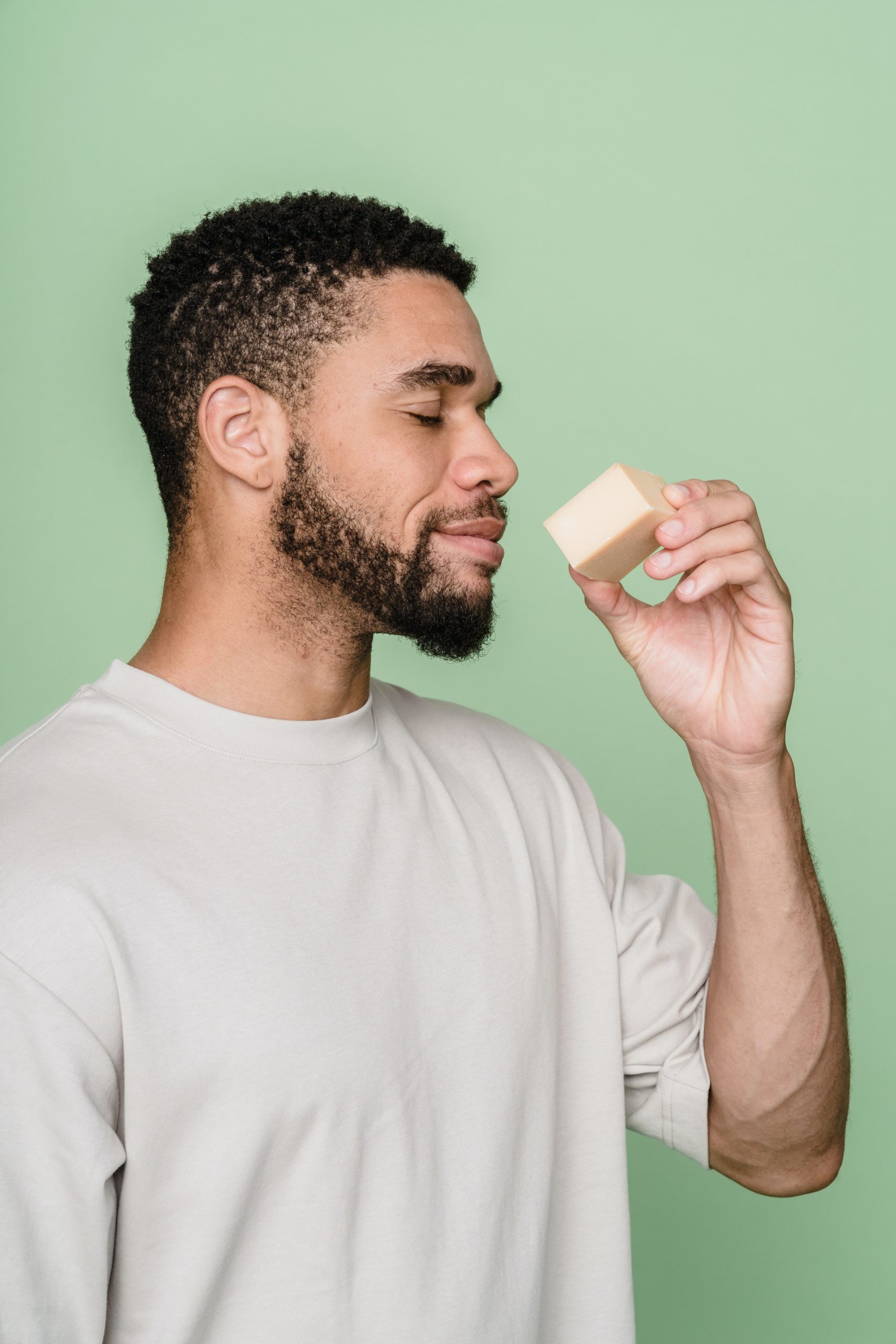
What Causes Body Odour and How to Eliminate in 7 Steps
“Damn, I stink!”
We get it. It happens to all us guys: Bad B.O.
But not just any B.O. The type which stings the nostrils and makes us take a step back. And what’s worse, when others catch a whiff of our odeur nautrelle.
As us guys live busy lives – work, gym, after-work events, and navigating the concrete jungle, none of us can escape bad B.O. And even if you spray something on first thing in the morning, come lunch time you’re diving into your top desk drawer for that emergency roll-on.
So, how can you avoid raiding your back-up deodorant and eliminate any traces of evidence on your valuable shirts?
We’ve put together this short article to help you get what’s going on in that small dark crevasse… commonly known as your “pits”, and what you can do to extinguish that nostril stinging, nose pinching stench!
There are two main types of sweat glands: apocrine glands, whose secretions contain your own unique ‘personal scent’ or pheromones, secrete an odourless oily sweat in areas of the body where hair follicles are most abundant – most commonly the armpits and groin area; and eccrine glands which secrete a dilute salty liquid and are distributed throughout the body (1).
As the sweat glands secrete sweat, bacteria around the hair follicles start to break down its oils, proteins and keratin in the skin into ammonia and fatty acids, giving off a characteristic smell. Body odour arising from apocrine sweat is the strongest smelling and is often described as being pungent, rancid, musty or ‘sweet and sour’.
The sweat of the eccrine glands may also assume an offensive odour after ingestion of certain foods (spices), alcohol and medications.
The apocrine glands are also highly sensitive to adrenalin and so during times of stress, you may tend to sweat more due to their over-stimulation (3).
Men tend to have more apocrine gland activity than women and therefore increased body odour associated with increased activity of these glands. Activity of the sweat glands decrease so you may sweat less as you age (4).
We’ve put 7 Tips Together That Bust Body Odour.
Keep Yourself Squeaky Clean: Shower at least once a day – this will wash away any old sweat and reduce the number of those odour-causing bacteria.
Use Antibacterial Soaps: Try to use soaps or shower gels with natural antimicrobial ingredients such as tea tree oil (5). You may also add a couple of drops of these oils to your regular soaps and shower gels to enhance the antibacterial effects.
Dry Off Well: After showering, dry off very well, especially those areas of the body that are prone to sweating. Dry skin makes it harder for the bacteria to grow.
Trimming or Shaving: Trimming or shaving hair in the armpit and groin region may help to reduce body odour associated with apocrine sweat. However keeping these areas clean may be as effective.
Keep your Clothes Clean and Dry: If you sweat a lot, change and try not to wear the same clothes the next day, especially socks! If foot odour is a problem, try walking barefoot as much as possible while at home.
Reduce Sweat-Causing Foods and Drinks: Some foods and drinks may cause you to sweat more such as spicy foods, high salt or sodium intakes, caffeine and alcohol(7). Although sweat itself as little odour, aromas in foods like onion and garlic can find their way into sweat – so don’t overdo them!
Use A Natural Deodorant: Most anti-perspirants and supermarket brand deodorants are laden with chemicals. However, you may choose to use a natural deodorant which keeps your body odour under control without harmful side effect (6).

Leave your comment